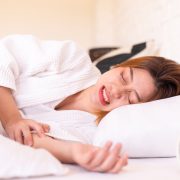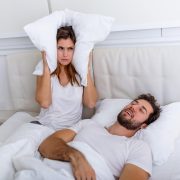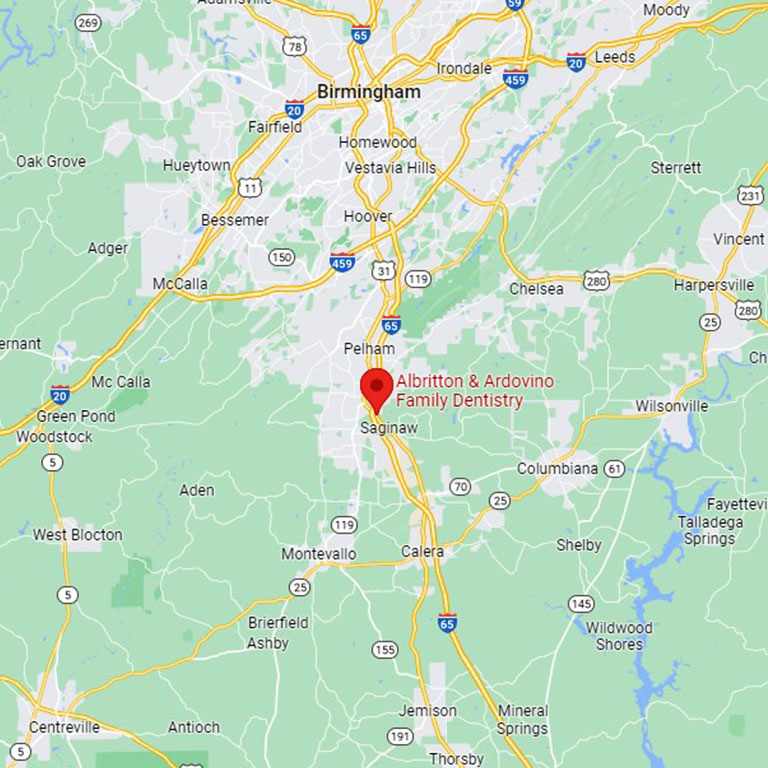Sleep Apnea Isn’t Just an Inconvenience: Here’s Why
If you or someone you live with has sleep apnea in Alabaster, AL, you may think that it’s just an inconvenience. However, sleep apnea can be symptomatic of a more serious condition, or it can cause serious health problems if left untreated.
Symptoms of Sleep Apnea
- Loud snoring that disrupts others’ sleep
- Sudden and/or violent waking
- Waking with extremely dry mouth or throat
- Sensation of choking
- Fatigue upon waking
- Feeling sluggish during the day
These aren’t all the symptoms of sleep apnea, but if you or a loved one is experiencing some or all of these, please contact us for a consultation to get help.
Dangers of Sleep Apnea
In numerous studies, sleep apnea has been linked to poor cardiovascular health. The theory is that the body—and the heart especially—is being deprived of oxygen during sleep. This condition has the potential to increase the likelihood of a cardiac event or stroke, possibly leaving permanent damage or even having fatal consequences.
Sleep apnea frequently occurs in people who are 30 pounds or more over a healthy weight for their height. Technically, this term is obesity. With obesity comes a heightened risk for a number of health problems, including sleep apnea and diabetes. Whether or not the sleep apnea is a symptom of obesity or it leads to overeating due to cravings from lack of sleep is almost inconsequential in terms of getting help. The sleep apnea must be treated no matter what, because it’s harmful to health, not just an inconvenient issue that disrupts sleep.
Your dentist in Alabaster, AL can diagnose and treat sleep apnea. All you need to do is to book an appointment and explain what symptoms you’re experiencing. From there, a treatment plan can be made that will get you or your loved one back on a path where deep, restful sleep is possible, and health risks are mitigated. Contact us today to make your appointment.






